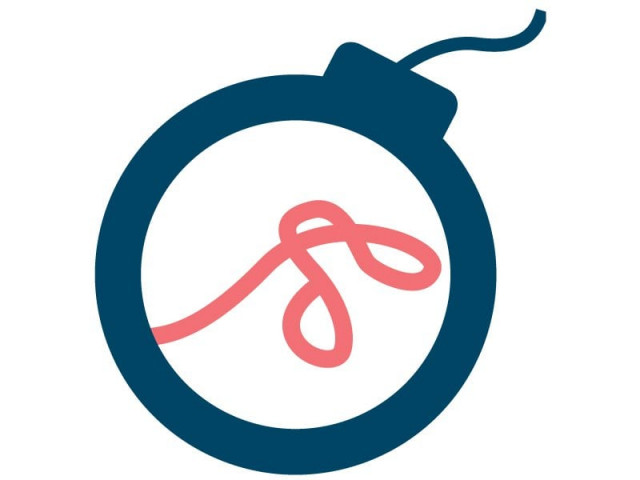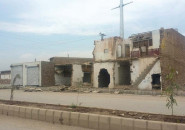Ebola: A ticking bomb?
A few precautionary steps can mitigate the risk of the virus making its way to Pakistan

A few precautionary steps can mitigate the risk of the virus making its way to Pakistan. DESIGN : AAMIR KHAN

Although a few steps have been taken so far such as conducting Ebola workshops with airline crews that have direct flights from West Africa and installing Ebola detection booths with thermal scanners (which can detect high body temperature, one of the symptoms of Ebola) at the Karachi, Lahore and Islamabad airports, a more thorough effort is needed to not only prevent the virus from entering the country but also to contain it, if it does.

A few countries have proposed imposing travel restriction on Ebola-affected countries but experts fear that it will only end up aggravating the situation further as illegal immigration will make the disease even more difficult to track. Instead, a better approach of tackling the disease is through increasing awareness of the symptoms which will make identification easier and also help prevent it from spreading further. The following is a list of symptoms for the virus that you should look out for and get immediate medical attention in case you are experiencing any:

Patients with a threat of the virus should receive immediate screening, and if recognised to be at risk, should be separated from other patients. Places and people that have come in contact with Ebola patients should also be monitored for 21 days, which is the time during which people may begin to show symptoms. “We need to improve our healthcare system and promote infection control in public and private hospitals all over the country,” says Dr Afia Zafar, professor and consultant microbiologist at the department of Pathology and Microbiology, Aga Khan University. Here are a few simple preventive measures that can reduce the risk of coming in contact with the virus:

Moliha Arfeen is a student in Karachi. She tweets @molihaarfeen19
Published in The Express Tribune, Sunday Magazine, January 4th, 2015.


















COMMENTS
Comments are moderated and generally will be posted if they are on-topic and not abusive.
For more information, please see our Comments FAQ